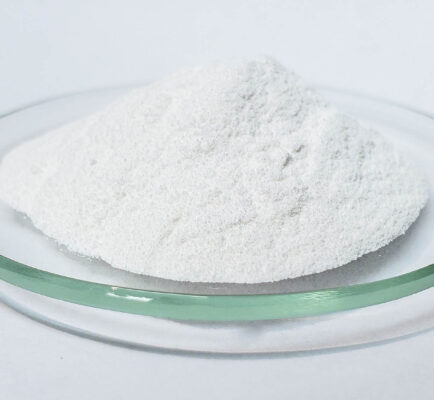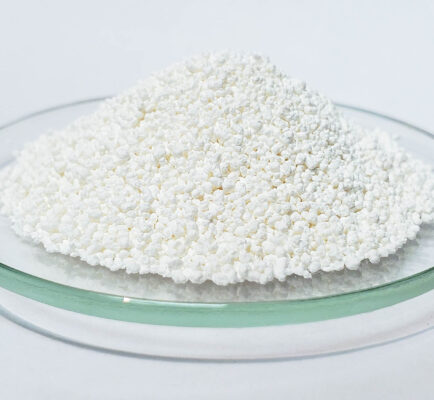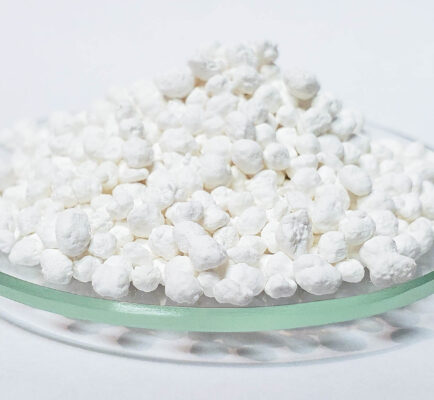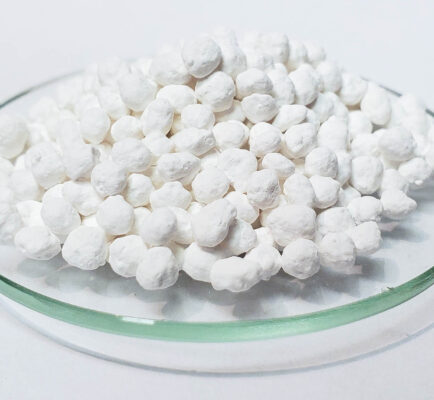
Zinc is an important component of various enzymes that are responsible for driving metabolic reactions within the plant. Carbohydrates, proteins, and chlorophyll formation will all be significantly reduced in zinc deficient soils. In addition, if soils are cold, there will be less zinc available in the soil solution and less root growth development further reducing zinc absorption. It has been estimated that 80% of the sandy soils or soils with low organic matter growing corn are deficient in zinc. Zinc is very critical in the fertilization and seed development of the plant and if there is a deficiency, lower yields and poorer seed will be produced.
If producers use high phosphate fertilizers, they may induce a zinc deficiency in corn growth which will reduce grain yield. Corn (a monocot) with zinc deficiency will have striped coloration on the leaves and become stunted.
Dry edible beans (a dicot) are highly susceptible to zinc deficiency. Deficiency shows up first on the second set of trifoliate leaves, which become light green and mottled and then turn yellow in color near the tips and other edges. In severe deficiency, the older leaves turn grey or brown and die.
Zinc deficiency in soybeans is not common in many areas, but as soil pH increases, zinc availability decreases. Deficiency in soybeans is seen in young leaves with interveinal chlorosis and necrotic brown leaf veins. One should use a zinc source which is highly soluble when treating soil for deficiency. Zinc sulfate is highly soluble and also contributes sulfur to the plants which is becoming more necessary. Zinc oxide has a low solubility and would not be the best choice for eliminating a zinc deficiency in soil.
For questions and more information
about any of our products please email us at
CustomerService@nutrientap.com or call us at (402) 502-4824.
Zinc Sulfate – ORGANIC
– 35.5% Zinc (Zn)
– Monohydrate
– Particle Forms: Powder, Miniprill, Granular, Maxi-Granular
– Special Parameters Available: Low Cd/Pb
– Packaging Size: 50 lb, 2000 lb![]()




